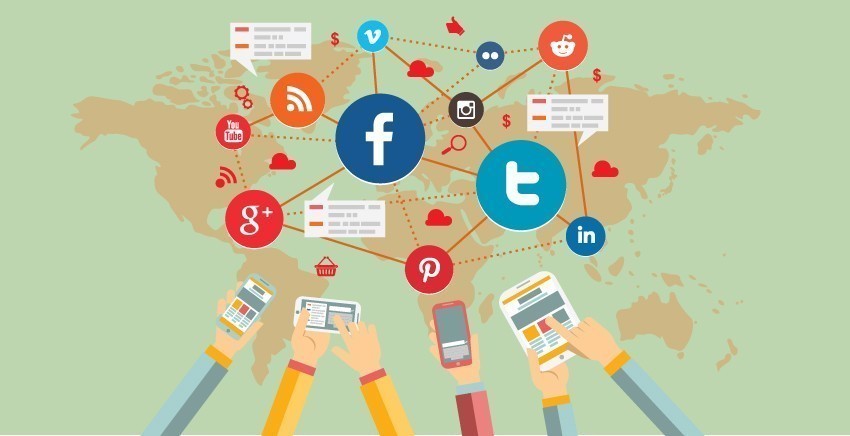Widespread restrictions brought on by the outbreak of COVID-19 have caused turmoil for the global advertising industry. With sporting events shut down and retail shopping at an historic low, most traditional ad markets are shriveling. Still, some see tremendous opportunity.
As unemployment rises, and as people are told to refrain from their usual public activities, companies that want to stay relevant will have to be more creative than ever. Here’s what you should consider if you want to market your brand effectively during the pandemic.
Some Will Win, Some Will Lose
The first thing to recognize is that while some industries are being decimated by the pandemic, others are benefitting. At this point, marketing an airline or hotel brand will have no short-term effect on sales. The same goes for spas, gyms, and other businesses that have been directly impacted by travel restrictions and lockdown orders. But delivery services, virtual communication, digital entertainment and businesses deemed essential are having their day.
Why are these markets flourishing? This pandemic represents a huge opportunity for businesses that can deliver goods or services to consumers’ homes. Still, companies of all kinds must makes some adjustments.
Update Your Marketing Strategy
The worst thing a business could do at this point is to fail to adjust its marketing plan. Times have changed drastically and so must advertising. For example, if commercials for your car business emphasize the opportunity for people to come down to the lot to test-drive a car, your ad needs an update. This type of messaging will sound tone-deaf and irrelevant in the current market.
National brands will also need to reconsider whether a single commercial still works for a geographically diverse market. Lockdown rules vary drastically by state – and in some cases by town. You don’t want to confuse your customers by advertising information that does not apply to their particular community.
When planning a new marketing strategy, aim to meet people where they are. People have been consuming increased levels of social media, so many brands are upping their visibility on platforms like Instagram. And since film and commercial production are on pause right now, advertisers need to create more graphic and text-based ads. Sponsored content will also be especially relevant at this time.
While signage in and around mom-and-pop shops that are still operating is important for local consumers, bigger brands need to go virtual with their advertising to meet people where they are—in their homes.
Be Authentic
The current public health situation has made people more wary than ever. Any over-edited piece of marketing will not play well.
“Marketing pretense and fabrication will be sniffed out in seconds,” says Jason Bagley, an advertising executive at Wieden+Kennedy Portland. “But if brands know who they are, then all they have to do is respond authentically and courageously to whatever is currently happening, and it will connect. That’s a brand’s best insurance.”
Be Socially Aware
People are craving personal connection more than ever, so it’s essential for brands to come off as relatable. Ad Council, a New York-based marketing nonprofit, recently commissioned a national survey to measure the worries, emotional well-being and areas of confusion that trouble people. Among the chief anxieties for those who participated were a concern for healthcare workers and a fear that people were not taking the pandemic seriously.
These findings have clearly been taken into account by many brands. A recent Forbes article listed the most-common phrases used in COVID-related commercials, including such clichés as “times like these,” “more than ever,” “home,” “family,” “here for you,” “we’ve always been there for you,” “we may be apart, but we can stay connected,” and “we’ll get through this together.”
While these may seem overly sappy, the intention is right. You’ll just need to find a way to make it seem real and not obligatory. Brands that can combine up-to-date marketing while portraying social awareness and, most importantly, expressing a sense of authenticity, will be the most successful in this disruptive era.




